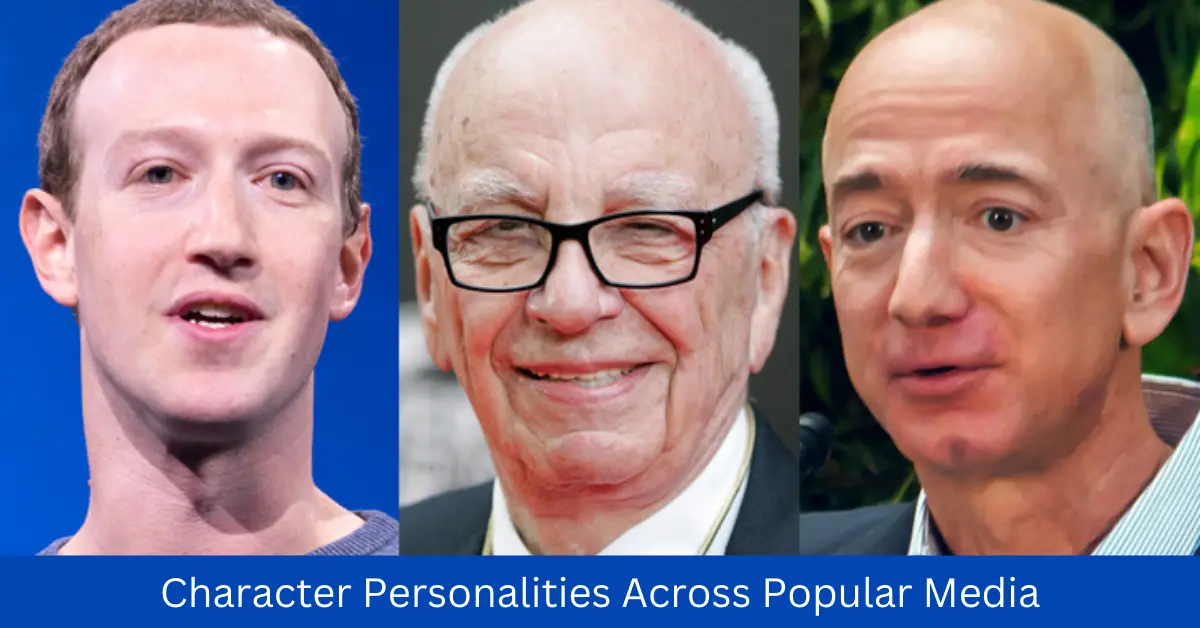
Character Personalities Across Popular Media
What makes a character memorable? From the halls of Hogwarts to the offices of Dunder Mifflin, from the Seven Kingdoms to Springfield, certain characters have become cultural touchstones because they reflect authentic aspects of human nature. This analysis explores how different franchises approach character development and what makes their personalities resonate with audiences.
The Evolution of the Anti-Hero
Breaking Bad and The Sopranos
Walter White and Tony Soprano represent masterclasses in anti-hero development. Both characters begin with relatable motivations – Walter’s cancer diagnosis and desire to provide for his family, Tony’s struggle with mental health and family obligations. Their gradual descent into darker territory while maintaining traces of humanity demonstrates how complex characters can hold audiences’ attention even as they become more morally compromised.
Game of Thrones’ Morally Gray Characters
Characters like Jaime Lannister and Theon Greyjoy exemplify how modern television has embraced moral complexity. Their redemption arcs feel earned precisely because they begin from places of genuine moral failure. Meanwhile, Tyrion Lannister’s wit and intelligence serve as a mask for deep-seated emotional wounds, making him one of television’s most layered characters.
Power of Comic Relief
The Office’s Ensemble Dynamics
Michael Scott’s character works because his desperate need to be liked is balanced with moments of genuine competence and kindness. The show’s supporting characters like Dwight Schrute and Kevin Malone provide different flavors of humor while maintaining consistent personality traits that make their actions believable, if extreme.
The Simpsons’ Lasting Impact
Homer Simpson’s enduring appeal lies in his simultaneous embodiment of American excess and genuine family love. Characters like Mr. Burns and Ned Flanders work as effective foils precisely because they represent consistent but opposing worldviews, while still having moments of humanity that prevent them from becoming pure caricatures.
Workplace Dynamics
Workplace dynamics portrayed in movies is interesting from a psychological and a psychometrics personality quiz perspective.
Brooklyn Nine-Nine’s Team Chemistry
The show succeeds by creating distinct personalities that play off each other naturally. Jake Peralta’s immaturity contrasts with Captain Holt’s stoicism, while Amy Santiago’s perfectionism and Rosa Diaz’s intensity create different but equally effective approaches to competence.
The Office’s Realistic Portrayals
Characters like Pam Beesly and Jim Halpert work because they feel like real people trapped in an extraordinary situation. Their reactions to the chaos around them serve as an audience surrogate while maintaining their own character growth.
Villains and Antagonists
Breaking Bad’s Gustavo Fring
Gus represents the perfect foil to Walter White – equally intelligent but with the control and patience Walter lacks. His carefully maintained public persona and ruthless private actions create a compelling study in duality.
Harry Potter’s Complex Antagonists
Severus Snape’s complicated motivations and Dolores Umbridge’s bureaucratic evil demonstrate how different types of antagonists can create varying forms of conflict. Voldemort’s pure malevolence works precisely because it’s contrasted with more nuanced characters, as you can experience through this open psychometrics character test.
Family Dynamics
- Stranger Things’ Joyce Byers and The Simpsons’ Marge Simpson represent different approaches to maternal devotion, while Tony Soprano’s family relationships show how personal and professional lives can create complex character motivations.
- Characters like The Office’s workplace family or Stranger Things’ friend group demonstrate how chosen families can be as significant as biological ones in character development.
What Makes Characters Endure
The most memorable characters share certain qualities:
- Consistent core traits that inform their actions
- The ability to surprise while remaining true to their established personality
- Growth that feels earned rather than forced
- Flaws that make them relatable while not undermining their essential appeal
Whether it’s the calculated manipulation of Littlefinger, the moral journey of Jesse Pinkman, or the emotional growth of Steve Harrington, the best characters remain with us because they feel authentically human, even in fantastical circumstances. Their struggles, triumphs, and failures resonate because they reflect real aspects of the human experience, filtered through the lens of storytelling.
